Optimal Timing for Storm Restorations
Storm restorations are most effective when performed promptly after weather events to prevent further damage and reduce repair costs. Timing depends on weather patterns, seasonal conditions, and local climate factors. Typically, the optimal window is during periods of calm weather, when access to affected areas is safest and restoration work can proceed without interruption.
Conduct inspections immediately after storms to assess damage and prioritize repairs.
Late spring through early fall often provides favorable conditions for repairs in Daphne, AL.
Avoid scheduling restorations during peak storm seasons to ensure safety and efficiency.
Pre-storm preparations can facilitate quicker responses when storms occur.
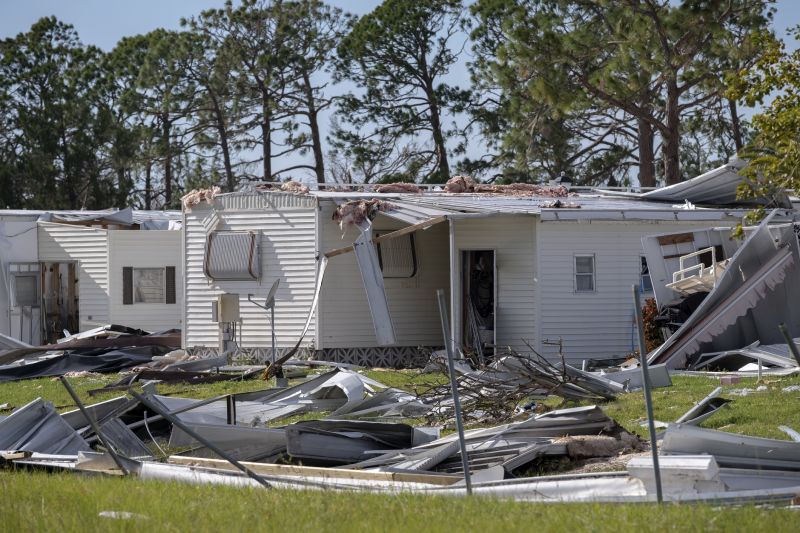
Image depicting damage evaluation after a storm.
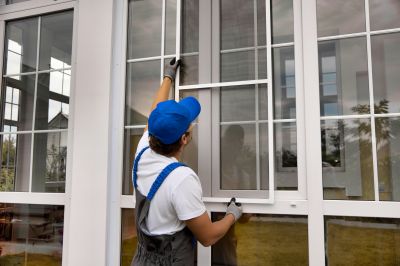
Image showing professionals performing repairs.
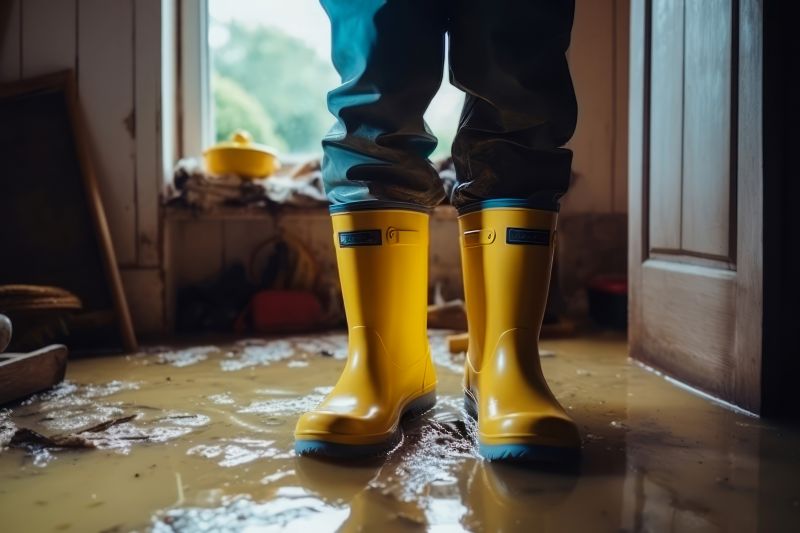
Image illustrating the transformation post-restoration.

Ways to make Storm Restorations work in tight or awkward layouts.

Popular materials for Storm Restorations and why they hold up over time.
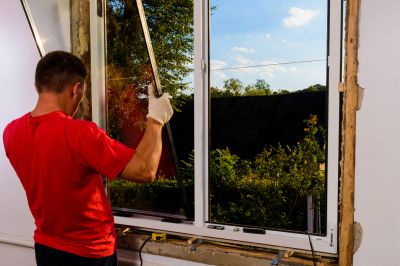
Simple add-ons that improve Storm Restorations without blowing the budget.
Storm restorations involve repairing and restoring properties damaged by severe weather events such as high winds, hail, and heavy rain. These processes include structural repairs, roof replacements, siding repairs, and water damage mitigation. Prompt action can prevent secondary issues like mold growth, wood rot, and compromised structural integrity, which can lead to higher costs and longer repair times.
Includes roof damage, siding issues, window damage, and water intrusion.
Early restoration minimizes further deterioration and associated costs.
High winds, hail, and heavy rainfall are primary contributors.
Timely restorations help maintain property value after storm events.
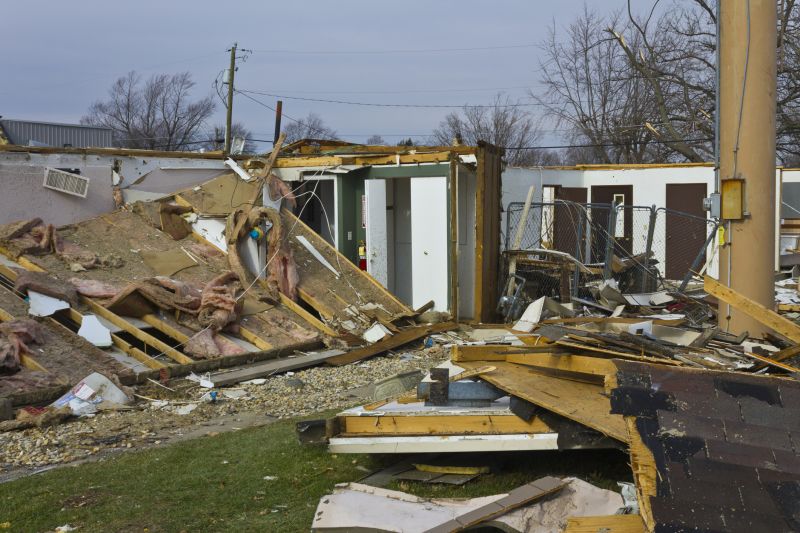
Image of roof damage caused by high winds.
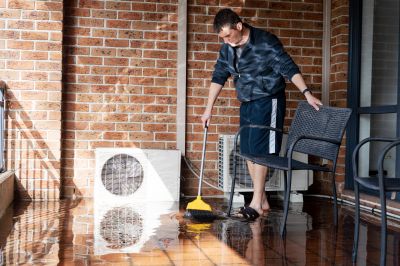
Image showing water mitigation efforts.
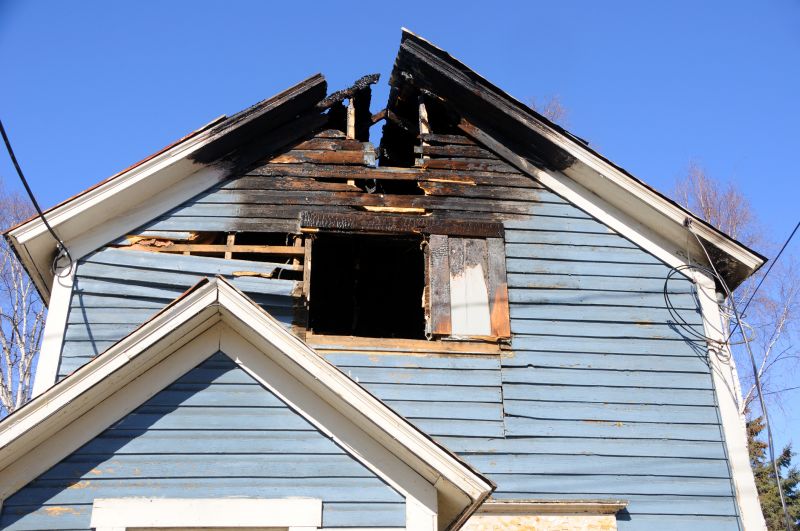
Image of siding impacted by hail.
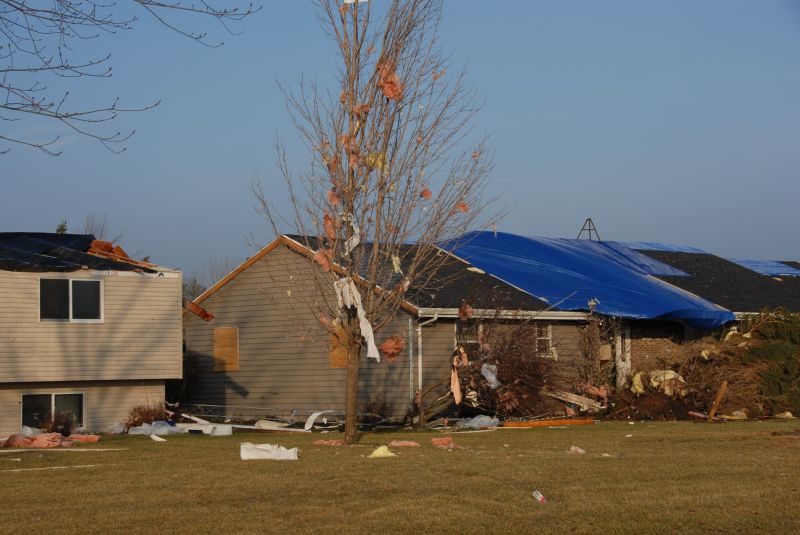
Image of restoration team responding to storm damage.
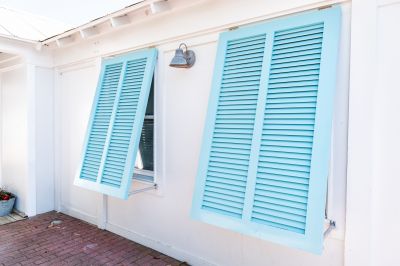
High-end options that actually feel worth it for Storm Restorations.
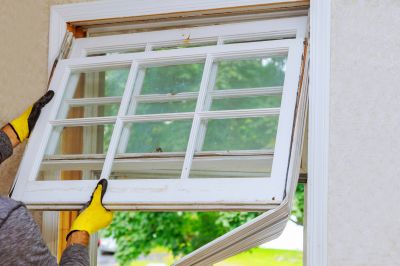
Finishes and colors that play nicely with Storm Restorations.
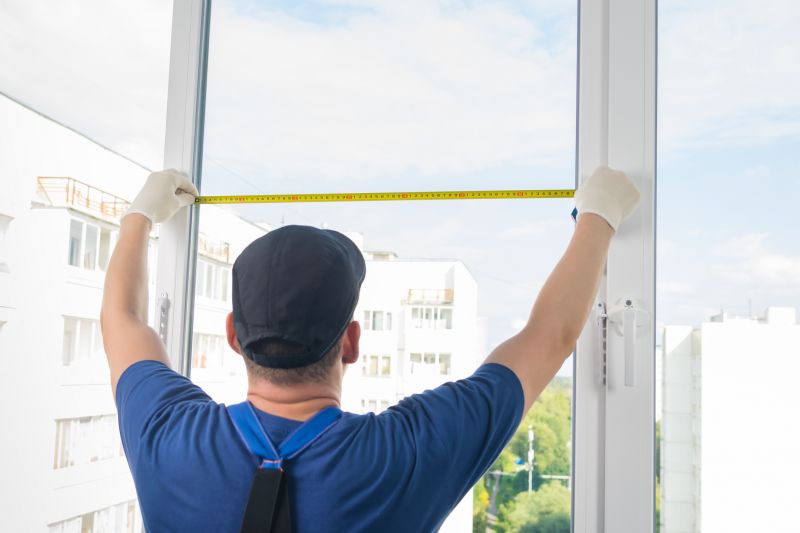
Little measurements that prevent headaches on Storm Restorations day.
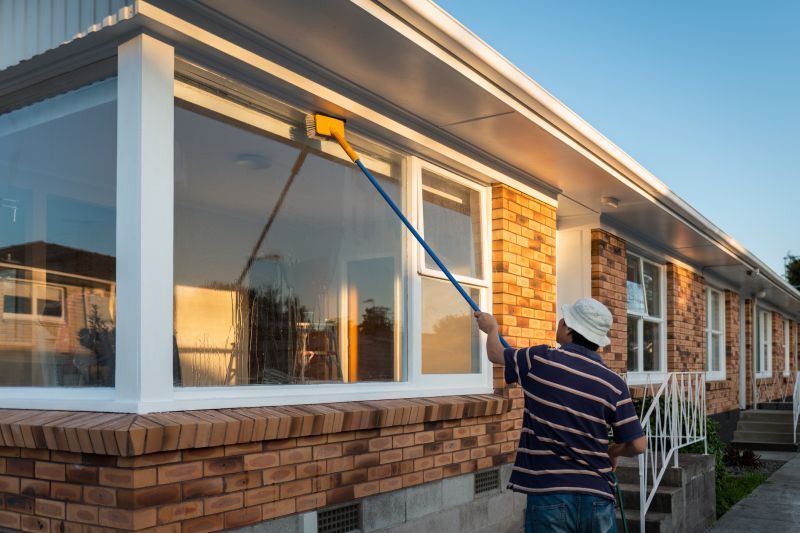
A 60-second routine that keeps Storm Restorations looking new.
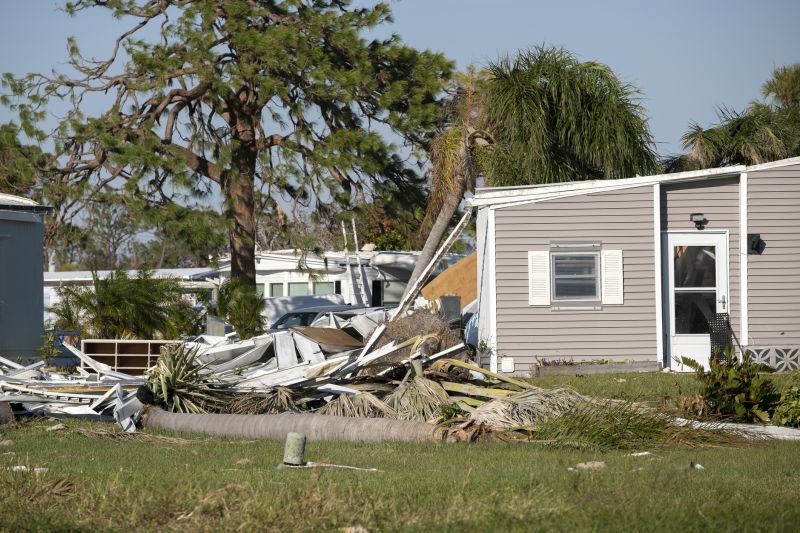
A frequent mistake in Storm Restorations and how to dodge it.

Small tweaks to make Storm Restorations safer and easier to use.
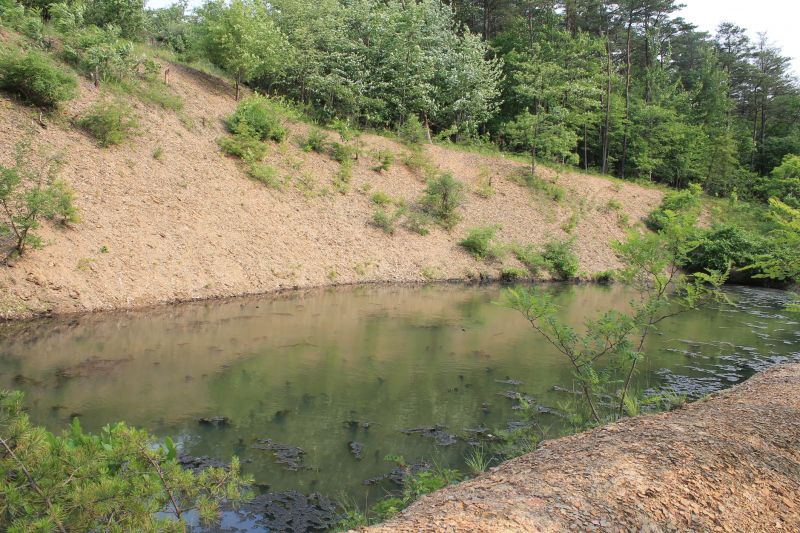
Lower-waste or water-saving choices for Storm Restorations.
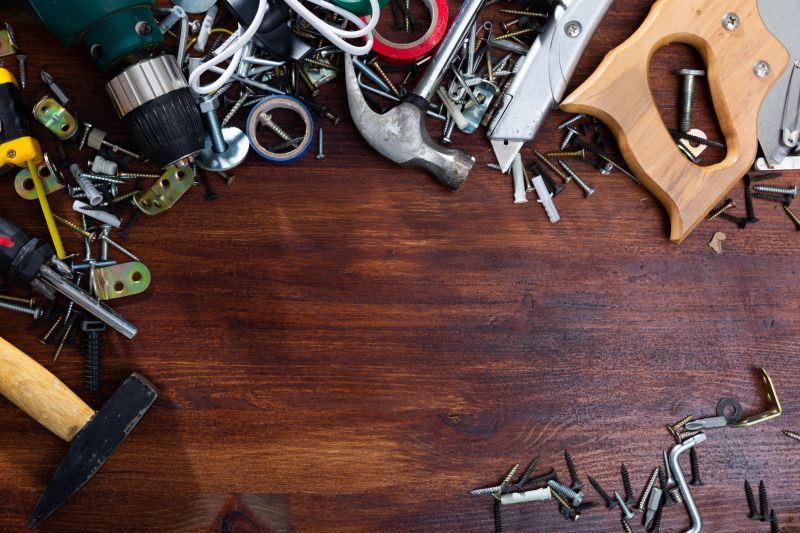
The short, realistic tool list for quality Storm Restorations.
| Storm Damage Type | Recommended Restoration Timing |
|---|---|
| High Winds | Immediately after storm or as soon as safe |
| Hail Damage | Within days to prevent further deterioration |
| Heavy Rainwater Intrusion | Promptly to prevent mold and structural issues |
| Structural Damage | As soon as possible to ensure safety |
| Siding and Exterior Damage | Within weeks after storm subsides |
| Roof Damage | Immediately or within a few days |
| Flooding | Immediately to mitigate water damage |
| Window and Door Damage | Within days to secure property |
Timeliness is crucial in storm restorations to minimize secondary damage and restore property safety and integrity. Planning ahead and scheduling repairs during favorable weather conditions can streamline the process. Property owners are encouraged to conduct inspections promptly after storms and contact restoration professionals to assess and address damage efficiently.
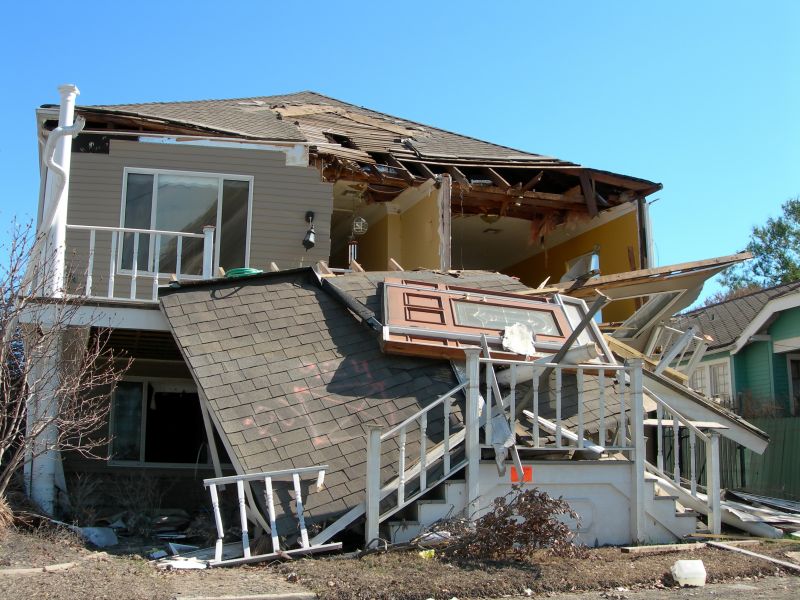
Image of a damaged roof after a storm.
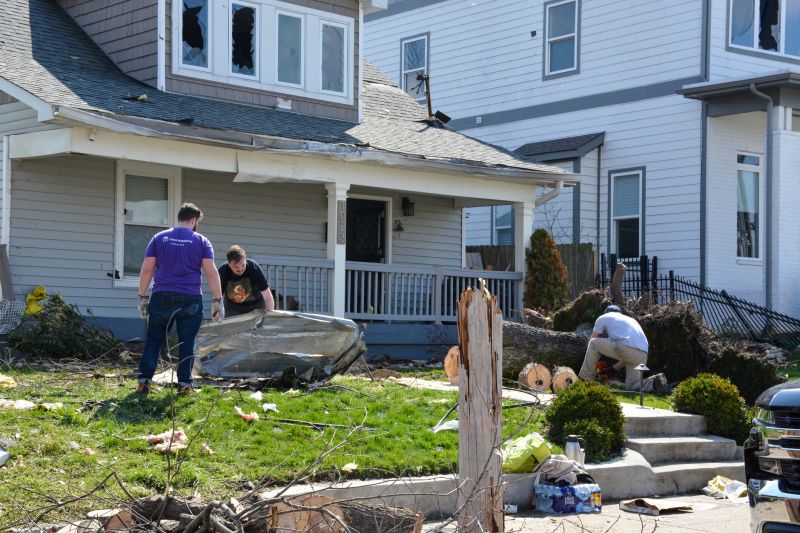
Image of ongoing repair work.
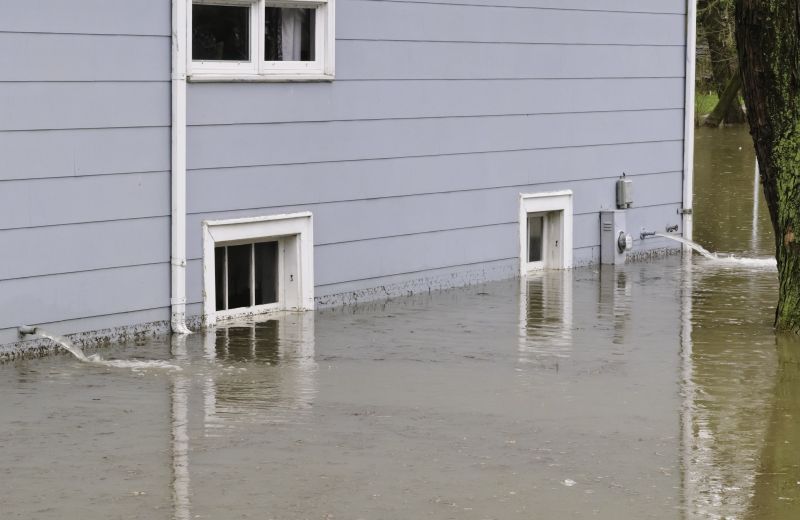
Image showing property after repairs.
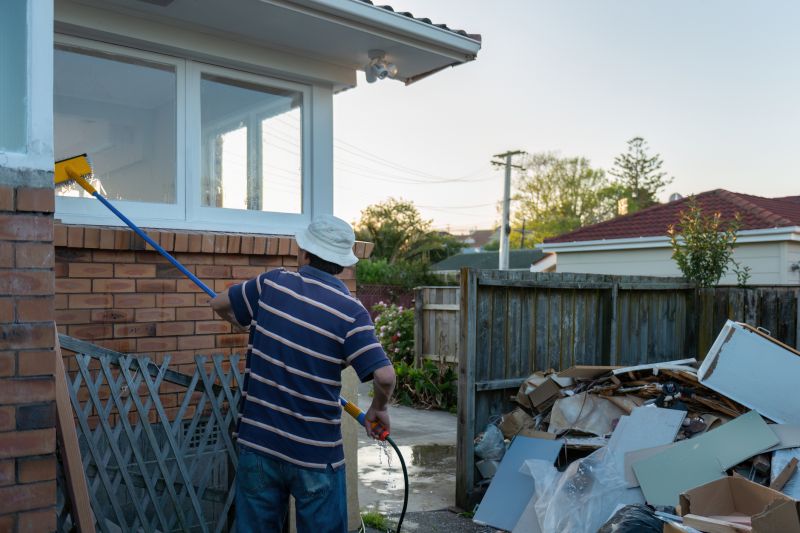
Rough timing from prep to clean-up for Storm Restorations.
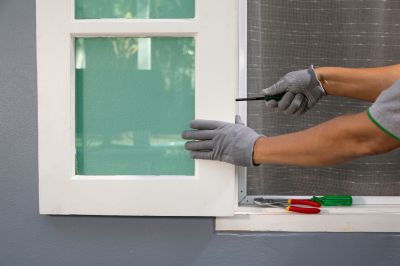
Quick checks and paperwork to keep after Storm Restorations.

Examples that show the impact a good Storm Restorations can make.
Interested property owners can contact for assessments and planning. Early engagement ensures timely scheduling and effective restoration strategies, helping to restore properties efficiently and prevent further damage from future storms.
